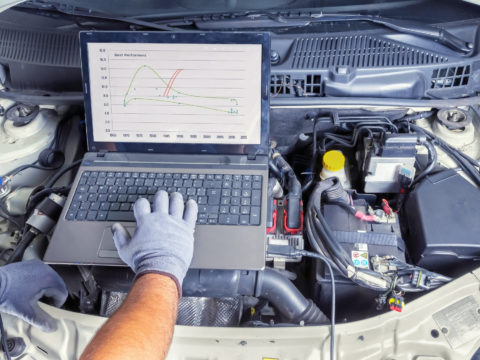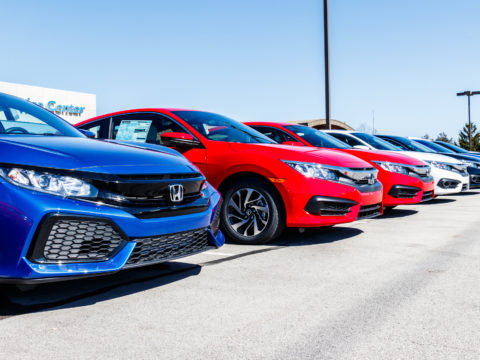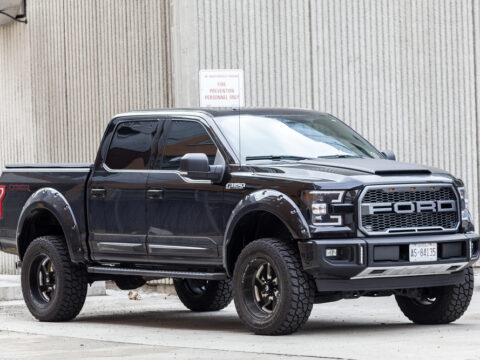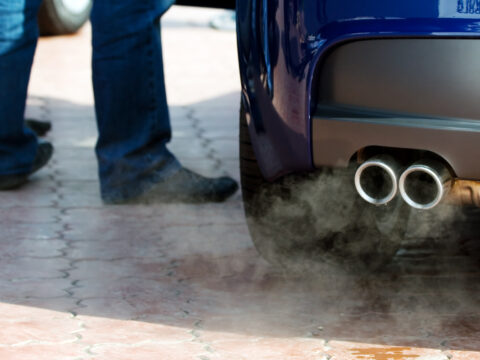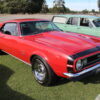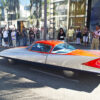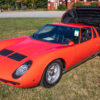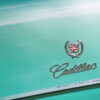Grinding noises under the hood are always cause for concern. The good news is, if you’ve noticed your car makes a grinding noise when you press on the accelerator, you’re already one step toward diagnosing the problem.
Which leads us to the bad news…the T word. Grinding noises when accelerator are most often transmission related. That said, there are some other issues that could be causing the noise. Let’s take a look at them all.
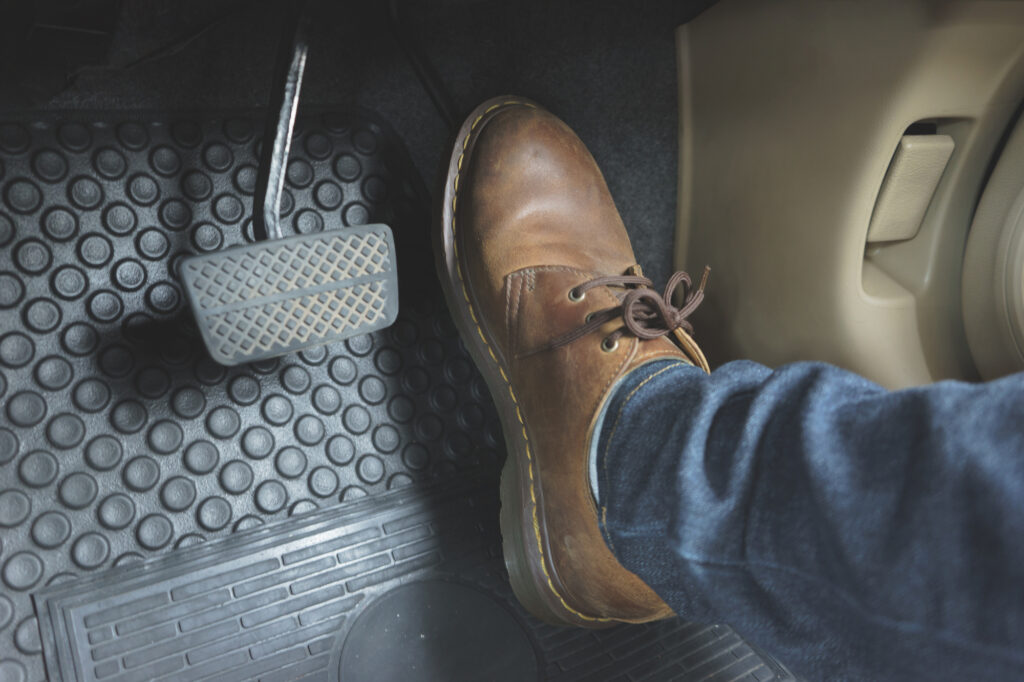
What Causes Grinding Noise When Accelerating?
There are several reasons that your vehicle may make noises when accelerating. Here are a few of the top ones.
A Wheel Bearing Is Damaged or Worn Out
The wheel bearing is an integral part of your car’s suspension, and it helps support the vehicle’s weight and keeps the wheels turning smoothly.
Over time, the bearings can become worn down, resulting in a rough ride and a decrease in fuel efficiency. The damage can sometimes be severe enough to cause the wheel to come off entirely. Ignoring the problem can lead to even more severe damage to your car’s suspension, which may result in an accident.
A Shifted Motor Mount
The motor mounts keep the engine secure in the engine bay; over time, they can become worn out or damaged. When this happens, the machine can start to shift around, which can cause all sorts of problems.
One of them is that the device can begin to rub against other parts of the car, which will cause a grinding noise. In addition, a shifted motor mount can also cause the engine to vibrate, which can also lead to a grinding noise.
Failing Constant Velocity Joint
The joints are located at the ends of the drive axles and allow the wheels to rotate at different speeds as the vehicle turns.
Over time, the joints can wear out and become loose, causing the CV joint to grind as it moves. Sometimes, the noise may be accompanied by a clicking or popping sound. If left unchecked, CV joint failure can eventually lead to axle failure and complete loss of power to the wheels.
Worn Out Internal Gears
The gears are located in the transmission and are responsible for transferring power from the engine to the wheels. Over time, the packs can become worn down, causing them to slip and grind against each other. In some cases, the damage can be severe enough to cause metal shavings to break off and enter the transmission fluid.
This can cause even more wear and eventually lead to complete transmission failure.
Problem With Your Transmission
The transmission is responsible for transferring power from the engine to the wheels, using a series of gears. If one of these gears is damaged or worn, it can cause a grinding noise. In some cases, this damage may be caused by a buildup of debris or metal shavings.
Alternatively, it could result from an issue with the bearings or synchronizers.
A Problem With Your Differential
The differential is a component of the drivetrain that helps to transfer power from the engine to the wheels. It uses gears to change the rotation’s speed and direction, which can cause much friction.
Over time, this friction can wear and tear on the gears, which can eventually cause them to break down. If the gears in the differential are not functioning correctly, they can cause a grinding noise as they try to rotate.
Failing Alternator
When your car’s engine runs, the alternator supplies power to the electric system and recharges the battery. If the alternator fails, the battery will eventually run out of power, and the engine will stop running. One symptom of a failing alternator is a grinding noise when accelerating.
This happens because the starter motor is not receiving enough power from the alternator to turn the engine over. As a result, it has to work harder, which can cause it to make grinding noises.
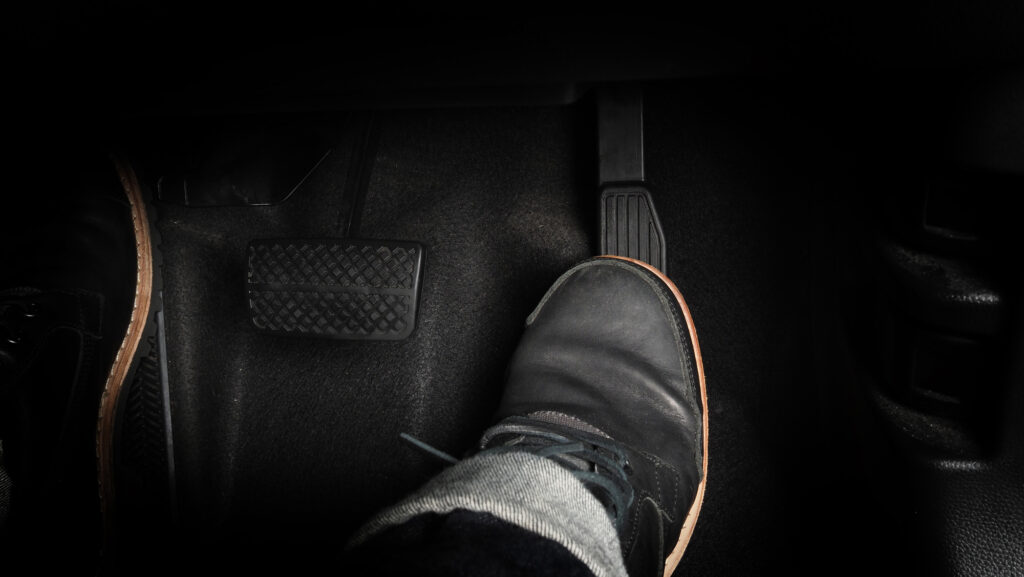
How To Fix Grinding Noise When Accelerating
There are more than few reasons you may have issues when accelerating. Now that we’ve determine what they are, here’s how you can fix it.
Rectify the Bad Wheel Bearings
To correct a bad wheel bearing, you will need to remove the old one and replace it with a new one. This can be done by taking the car to a mechanic or doing it yourself if you have the knowledge and tools.
Replace Engine Mount
Replacing your engine mount will help keep your engine in place, reducing the likelihood of unwanted noises.
It can also help improve your gas mileage and make your car run more smoothly. So if you’re looking for a way to fix that annoying grinding noise, replacing your engine mount is an excellent place to start.
Fix Damaged Constant Velocity Joint
The best way to fix this problem is to replace the damaged CV joint with a new one. Remove the old CV joint and install the new one in its place. Once you’ve done that, you should notice a significant reduction in the grinding noise.
Replace Internal Gears
Fortunately, replacing your internal gears is relatively easy and will quickly resolve the problem. Remove the old gears and install the new ones in their place.
Diagnose Transmission Problem
Diagnosing and repairing a transmission problem can be complex, but it is crucial to identify the noise source. Once the transmission is fixed, the grinding noise should be eliminated.
In some cases, other components may need to be inspected or replaced if they are also causing problems.
Correct Differential Issues
Fix the grinding noise when accelerating by correcting differential issues. The differential is a gear system that allows the wheels to rotate at different speeds, and if it’s not working correctly, it can cause the wheels to grind against each other.
Differential issues can usually be fixed by adjusting the gears or replacing the bearings. In some cases, the entire differential may need to be replaced.
Fix Default Alternator
You may fix the the grinding noise when accelerating by repairing or replacing the default alternator. The alternator is responsible for charging the battery and powering the electrical components of your car.
If the alternator is not working correctly, it can cause the battery to drain, which can lead to a grinding noise when accelerating.
Should You Continue Driving With a Grinding Noise?
No, it would be best if you did not continue driving with a grinding noise. When your car makes a grinding noise upon acceleration, it’s usually indicative of transmission problems, according to MBWorld. More specifically, it’s usually caused by gears not meshing properly. This can be due to various factors, including low transmission fluid levels, worn-out gears, or a damaged clutch.

